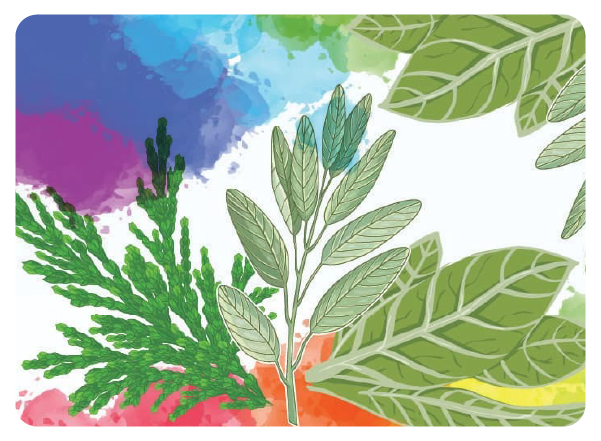Building on the CRGBA Framework; Reducing Employment Barriers
The Social Development Team has had an exciting October building on previous projects, as well as starting some new ones!
Currently, the team is in the process of developing a significant number of new resources and activities around our Culturally Relevant Gender Based Analysis (CRGBA) framework. These new resources and activities will have far-reaching implications, as the CRGBA framework is the foundation of all NWAC’s policy projects, external advocacy, and research. For example, our Restoring the Circle project is using a CRGBA framework as a major part of the second phase.

With funding from the First Nations and Inuit Health Branch, we created a comprehensive community-based research toolkit that will support NWAC and its partnered organizations in further building their own internal research capacity. It will also allow grassroots voices to take control over their own stories, data, and knowledge sharing. The toolkit is rooted within an intersectional and Indigenous framework and has a variety of CRGBA-informed tools to guide researchers in budgeting, planning, developing appropriate and inclusive survey and interview questions, and determining what methodologies make the most sense for their research projects.
Our team has also begun work on a CRGBA knowledge translation plan to build external awareness of the CRGBA framework and its applications across policy, advocacy, and research. The toolkit is currently in the final design stage and will be disseminated soon.
In addition to our CRGBA framework project, the Social Development Team is working on several projects related to employment. One such project is providing capacity building training for employers, subject to the Employment Equity Act, in their efforts to improve representation of Indigenous women, Two-Spirit, and gender-diverse people with disabilities in areas of low representation in their workplace. Our team is developing an Employer Training Tool and Best Practices Guide that identifies and removes barriers to employment for Indigenous women, Two-Spirit, and gender-diverse people with disabilities. The Employer Training Tool will also include a 10-point Fact Sheet of things the employers should know and will be uploaded to the NWAC website for Canada-wide access. Our team has also consulted with Human Resource Development Canada about a National Outreach Plan to Promote the Disability Act among Indigenous women and gender-diverse people across Canada.
To develop the Employer Training Tool, our team held six engagement sessions with Indigenous women, Two-Spirit, and gender-diverse people to understand their perspectives, experiences, and knowledge and to listen to their recommendations on how employers can provide a more supportive, accessible, and trauma-informed environment.
For the next phase of this project, the draft Employer Training Program will be used to pilot five employer webinar training sessions. The training sessions will help employers within federally regulated sectors better meet the accessibility mandates, as set out by the Employment Equity Act and, in turn, will reduce employment barriers for Indigenous women, Two-Spirit, and gender-diverse people with disabilities. The next phase of this project is a social media campaign that will recruit staff of federally regulated employers who wish to participate in the pilot training webinars, which are scheduled for mid-January and February 2022.
Another exciting employment project our team is also working on, with funding from Employment and Social Development Canada (ESDC), is gathering feedback from Indigenous women on the IT Apprenticeships Program for Indigenous Peoples. This two-year, fully paid apprenticeship program aims to bring Indigenous people into careers in IT—building on their passion and interest, rather than their credentials. NWAC has held four webinars with Indigenous women to learn what they think about how the program is designed. The feedback from these sessions will form the basis of a report and recommendations, which NWAC will deliver to ESDC in December 2021.
Finally, the Social Development Team is continuing our previous work on the United Nations Convention on the Rights of Indigenous Peoples. Following the success of our September engagement sessions with Indigenous women with disabilities and with experts in international disability law, NWAC is preparing to engage an external consultant to help prepare a shadow report, to be delivered to the United Nations in late 2022. This shadow report will run parallel to Canada’s official submission.
Subscribe to our e-mail lists
Shining the Spotlight Newsletter is published monthly.